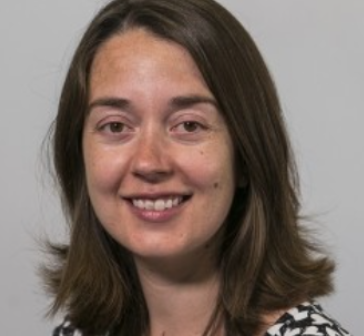Reforming Research Assessment in Spain: the point of view of Quality Assurance Agencies
Spanish quality assurance agencies, both state-owned (Aneca and AEI, State Research Agency, which evaluates research projects) and regional (AQU, ACSUCyL, DEVA, etc.) have made some progress on modifying the current model for research assessment, which is mainly based on the journal impact factor (JIF). These are timid advances that are evidenced by the adherence to international declarations, especially DORA, and to the COARA coalition.
Objective:
The general objective of the study is to understand the perception of the directors of Spanish quality assurance agencies regarding the introduction of new indicators for research assessment.
Methodology:
An online survey was conducted divided into five blocks of questions with responses recorded on a five-point Likert scale to understand the agencies' opinions regarding:
- New indicators to evaluate scholarly publications
- The implementation of new indicators and research assessment models.
- The barriers that hinder the introduction of new indicators and research assessment models
- The elements that favour the introduction of new indicators and research assessment models
- Who should drive the change in the model and the actions taken so far
The questionnaire was sent to the leaders of the 14 Spanish agencies identified, both state-owned and regional.
Results:
The agency's leaders highlight qualitative evaluations and downloads as alternative or complementary indicators to the current model. They do not give excessive importance to the impact factor, citations of articles, or altmetrics. The main barrier to maintaining the current model would be the immobility of the administration since the agency's leaders consider that both evaluators and researchers would not have such an opposing position. The change in the evaluation model should be driven, first, by the ministries of universities and science and then by the university's rector teams. The agency's leaders see themselves as the third level of responsibility in this matter.

